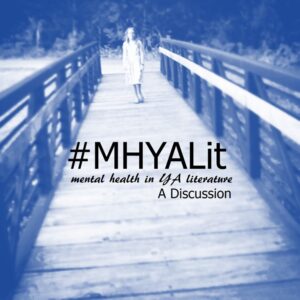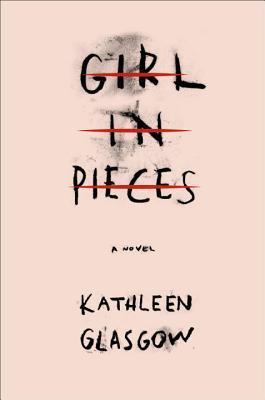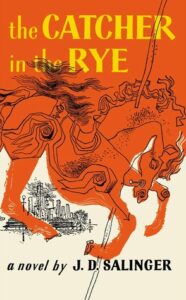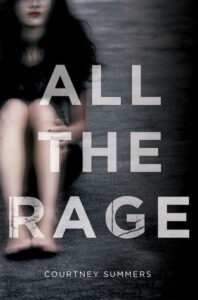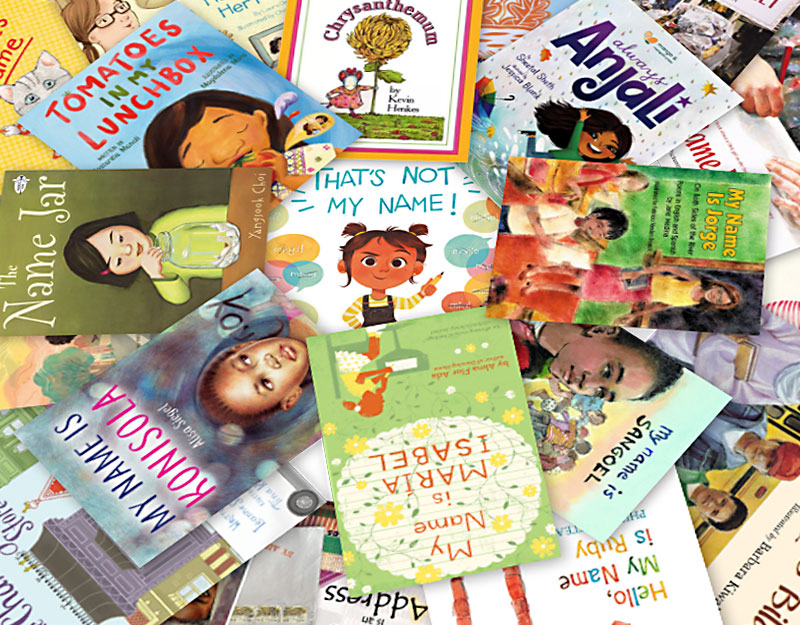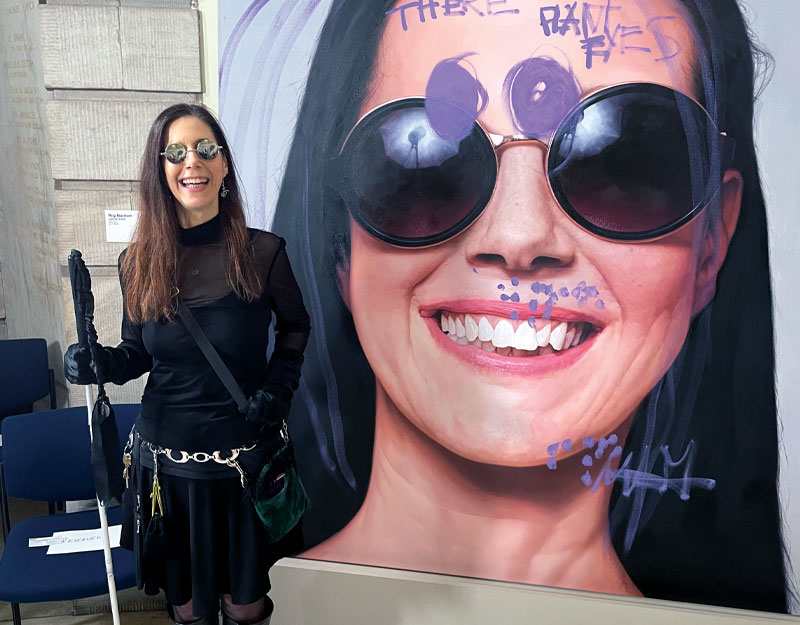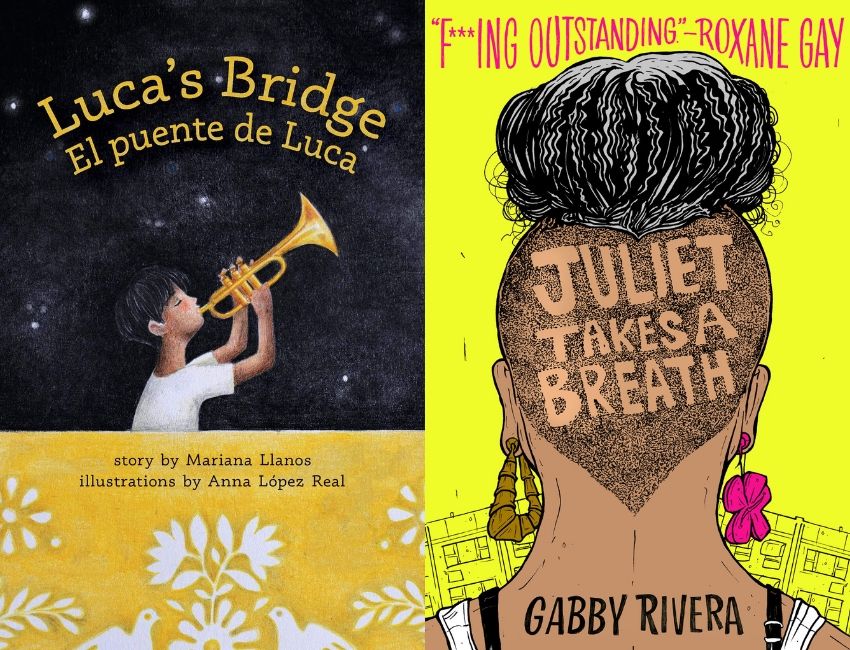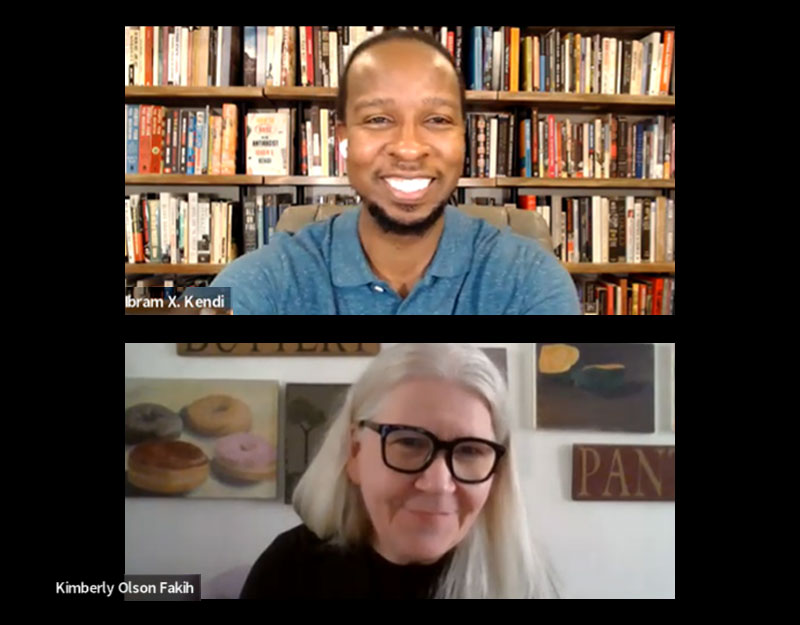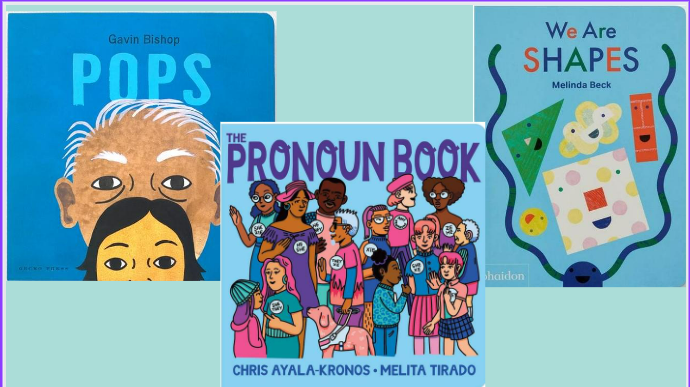#MHYALit: This Book Will Save Your Life, a guest post by author Kathleen Glasgow
Today we are honored to host author Kathleen Glasgow as part of the #MHYALit Discussion. Her book, GIRL IN PIECES, releases in September from Delacorte Press. You can read all the #MHYALit posts here.
I could not feel my fingers. And then I could not feel my arms. And then my shoulders, and then, and then, and then….how does the body do it, anyway? I’m still not sure, but it was something, a gift, really, that my body gave me at an early age, in order to escape what was happening in my home. Dissociation made it easier for me to do things that caused me great fear and stress. And I was about to do something that was going to cause me great fear and stress. I was going to be brave. I was going to ask for help.
ADVERTISEMENT
ADVERTISEMENT
I had been up all night, pacing my room, listening to music on my headphones in an attempt to calm down, to plan my strategy, my line of reasoning. The minutes stretched into hours, which stretched into black periods of sobbing, of scratching and pinching myself, of waiting, waiting, for bravery.
My mother’s favorite nighttime ritual was settling into her big bed with a glass of wine and a thick book. When I walked into her room, the sun was rising outside the patio door, pink and creamy orange. The perfect Tucson sunrise. Her book was splayed on the nightstand. There was still some wine in her glass. I drank it. Then I reached out and shook her shoulder until her eyes blinked open.
“Mommy,” I said, my voice sounding strange and far from me. “If you don’t take me to the hospital, right now, I am going to kill myself.” I was sixteen. I meant it.
What followed was my mother slipping into robot-mode. She made calls, she smoked cigarettes, she argued with my father on the phone, and by the end of the day I was a new patient at small and somewhat seedy psychiatric hospital. I was lumped in with adults. There was no separation by disorder, age, or “problem.” As one of my new colleagues put it during a dinner of slimy green beans and something resembling partially-heated Salisbury Steak, “We all fucking crazy in the same fucking crazy salad. You the tomato, she’s the lettuce, I’m the damn dressing.”
I had never felt so safe in my entire life.
When I was younger, growing up in a house filled with violence and fear, I found my solace in books. I read and re-read books obsessively, looking for anything that could lift me away from the darkness of my daily life. I should have been a prime candidate for fantasy or science fiction, but that wasn’t my thing. I latched onto anything that even vaguely resembled what was happening in my life and at that time, the queen of all things realistic was Judy Blume. Being bullied at school? Blubber became my tome. Having body and anxiety problems? Deenie. Curious about sex? The holy grail was, of course, Forever. Fuck the whole tesseract business (though that was cool, too): I latched onto A Wrinkle in Time for Meg Murry, the lonely outcast.
When I found my mother’s 1954 copy of The Catcher in the Rye, though, Holden Caulfield spoke to me like no one else had. Here was someone who was clearly depressed, suicidal, afraid of the world, afraid of himself. I still have that book. I still reread that book, every year, because it was the first book that taught me that I was not alone. I saw myself in Holden. It was a salve, a balm, for a long time.
I started cutting myself at fifteen. Little nicks no one could see. Then bigger. Then deeper. It became a relief, a solace against what was eating me up in my mind and heart. My mother sent me to therapy. There were medications. I was expelled from school. My depression and harm were spiraling somewhere dark, somewhere very frightening.
There were no books for me for this, not then. Had I had a book like Girl, Interrupted, The Perks of Being a Wallflower, All the Rage, Cut, It’s Kind of A Funny Story, or All the Bright Places, even Speak, whose main character’s silence mirrored my own selective mutism, where would I be today? Would things have been different for me if I’d been able to find myself in a book and see just a glimmer, just a tiny smidge of creamy pink and orange, over the horizon?
Maybe.
Those books, and others like them, didn’t come out until I was in my twenties and well after. I’d already been hospitalized numerous times and damaged myself in dozens of ways. When I found them, though, I devoured them. I became 12 again. I became 13. I became 14, 15, 16, 17, 18. They talked to the teen I was and told her she was not alone, ever, even in retrospect. They talked about what it was like to be depressed, to be hospitalized, to have horrible things done to you, to feel horrible things, to do horrible things, to feel lonely, but that above all, you could survive.
ADVERTISEMENT
ADVERTISEMENT
I still struggle every day with depression. It’s lifelong, and I accept it. I haven’t harmed myself in over 20 years. When I decided to write Charlie’s story in Girl in Pieces, I wrote the book I wished I’d had when I was teenager and living in my own hell. I wrote the book I wished I’d had when I was in my twenties and thirties and crawling back to the light. I put the whole crazy salad in there: the tomato, the lettuce, the damn dressing, because I want readers to see themselves in there, somewhere, and feel that creamy pink and orange smidge of hope.
That’s the thing about books. You never know which one will save your life. Or when.
Meet the Author
Kathleen Glasgow’s debut novel GIRL IN PIECES will be published August 30, 2016, by Delacorte. She lives in Tucson, Arizona and write for the radio show, The Writer’s Almanac. She likes stand-up comedy, books, Tyrion and Shireen, and her kids. She is not team Captain America or Iron Man. She is Team Furiosa, all the way. You can find her on Twitter: (@kathglasgow), Instagram: (misskathleenglasgow), or (kathleenglasgowbooks.com).
About GIRL IN PIECES
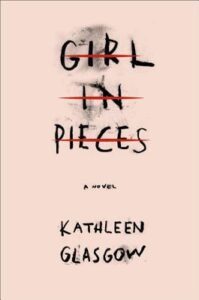 Charlotte Davis is in pieces. At seventeen she’s already lost more than most people lose in a lifetime. But she’s learned how to forget. The thick glass of a mason jar cuts deep, and the pain washes away the sorrow until there is nothing but calm. You don’t have to think about your father and the river. Your best friend, who is gone forever. Or your mother, who has nothing left to give you.
Charlotte Davis is in pieces. At seventeen she’s already lost more than most people lose in a lifetime. But she’s learned how to forget. The thick glass of a mason jar cuts deep, and the pain washes away the sorrow until there is nothing but calm. You don’t have to think about your father and the river. Your best friend, who is gone forever. Or your mother, who has nothing left to give you.
Every new scar hardens Charlie’s heart just a little more, yet it still hurts so much. It hurts enough to not care anymore, which is sometimes what has to happen before you can find your way back from the edge. (September 2016, Delacorte Press)
Filed under: #MHYALit
About Karen Jensen, MLS
Karen Jensen has been a Teen Services Librarian for almost 30 years. She created TLT in 2011 and is the co-editor of The Whole Library Handbook: Teen Services with Heather Booth (ALA Editions, 2014).
ADVERTISEMENT
ADVERTISEMENT
SLJ Blog Network
One Star Review, Guess Who? (#202)
Review of the Day: My Antarctica by G. Neri, ill. Corban Wilkin
Exclusive: Giant Magical Otters Invade New Hex Vet Graphic Novel | News
Parsing Religion in Public Schools
ADVERTISEMENT


